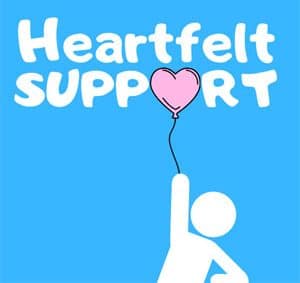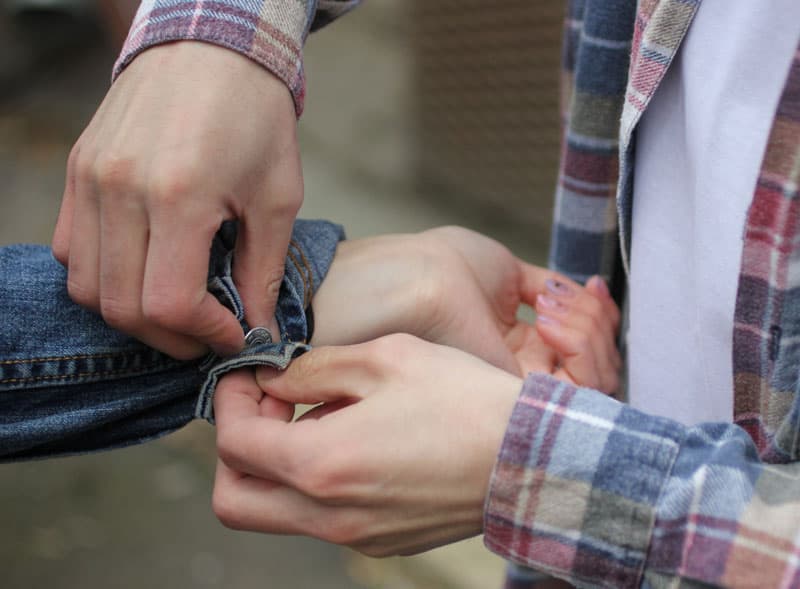The other day, I was stopped in my tracks by a question from someone who has just been approved for the NDIS after years of very limited support. We were talking about using support workers to access the community, and the person asked me this:
“I know it’s a basic question, but was is a support worker for, and how do they help me in the community?
It’s easy to assume everyone knows, isn’t it?
So, as a starting point, here is our answer to that question.
A support worker can help a person with a disability to access the community in a number of ways. A support worker can help a person with a disability in the following ways:
- Transportation: A support worker can help a disabled person get to and from community appointments, activities, and events by providing transportation or assisting with public transportation.
- Companionship: When a person with a disability participates in community activities or events, a support worker can provide companionship and support. This can make the individual feel more at ease and confident in social situations.
- Personal care assistance: A support worker can assist with personal care tasks such as bathing, dressing, and grooming, allowing a person with a disability to participate more fully in community activities.
- Advocacy: A support worker can advocate on behalf of a person with a disability and assist them in navigating systems and accessing community resources.
- Communication assistance: A support worker can help a person with a disability communicate, whether through assistive technology or simply by helping them communicate their needs and wants.
Overall, a support worker can be a valuable resource for anyone with disability, enabling them to participate more fully in their community and live a more independent and fulfilling life, and narrowing or eliminating the gap between people with a disability and people without.su
To read more about the link between your goals and engaging support workers, try this article on the NDIS website

